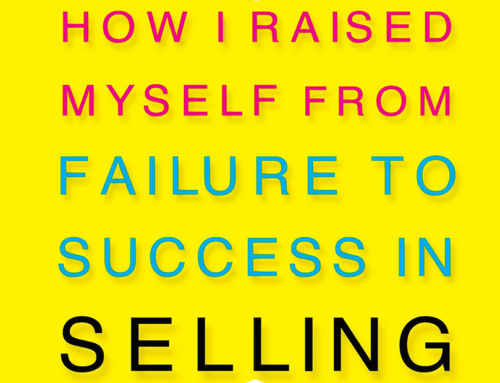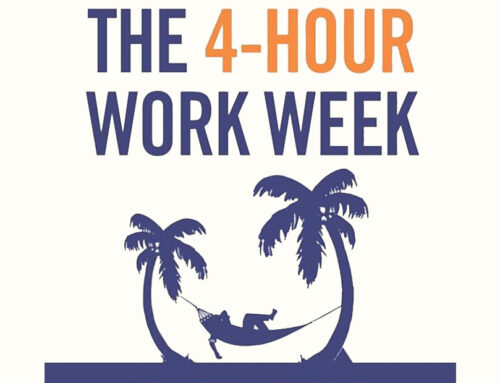
Black Box Thinking – What’s Your Attitude To Failure?
We’ve all experienced failure. Be it in business, health, finance, relationships or any other walk of life. In fact the one thing that we can be sure of in life, is that at some point or another – we will fail.
In a book that tackles the concept of failure head on, Black Box Thinking by Matthew Syed highlights how failure in any pursuit can lead to two outcomes. It can lead to a closed loop of poor performance, lack of progress and a life of mediocrity or failure can act as a catalyst for greatness – a signpost revealing valuable learning opportunities and thus creating an open loop of progress and mastery.
It all lies in our mindset – Syed suggests that generally people fall into two types of thinking, two contrasting mindsets that contribute significantly to an individual’s eventual longterm success.
Fixed Mindset
A fixed mindset describes a mentality in which somebody refuses to learn from their errors. An individual with a fixed mindset fears failure, and thus avoids facing it it at all costs. Cognitive dissonance is the vehicle in which a fixed mindset perpetuates itself and removes any potential for progress, an individual with a fixed mindset actively disengages with their failures, creates distance and shifts the blame to alternative sources.
When an individual with a fixed mindset fails, perhaps their business goes bust, or they mess up a sales pitch or fail an exam; they begin to draw conclusions in their own mind to justify the failure. In the fixed mind, it was not a lack of skills, expertise or an area of weakness that caused the failure – it was an external circumstance, an unforeseen event, an unpreventable error. In essence a fixed mindset is characterised by a complete refusal to open up to the little ‘inconvenient truths’ that exist, a failure to accept that we don’t know everything there is to know, we are not perfect.
So why, if a fixed mindset is so detrimental to progress do we adopt and perpetuate this kind of mindset?
The answer is very simple. By turning a blind eye to the fact that we are not perfect and that we must improve on our weaknesses in order to make progress. By shifting the blame of our own failures on to other people or circumstances we reassure ourselves.
We take comfort in convincing ourself that our deeply held beliefs are unchallenged and therefore we actively reframe evidence to the contrary. It’s a mixture of ego, pride and human nature – we don’t want to be wrong, so we don’t accept evidence that suggests that we are.
The problem with a fixed mindset is that by perpetuating the closed loop cycle of failure and blame shifting, we never allow ourselves to learn or to improve. We lose the valuable opportunity to become a better version of ourselves.
“But avoiding failure in the short term has an inevitable outcome: we lose bigger in the longterm”
Growth Mindset
A growth mindset is quite different. When an individual adopts a growth mindset, they don’t just accept that failure is inevitable, but they embrace their own failure and see every error as an invaluable opportunity to learn and improve. Failure is a catalyst to do better.
It is this fundamental shift from a fixed mindset, that seeks comfort by manipulating perceived circumstances, shifting blame and turning a blind eye to error, to a growth orientated mindset which actively seeks to embrace failure, identify what went wrong and use their mistakes as an opportunity to increase future performance.
This characterises a growth mindset. An open feedback loop of failing, learning and improving – a cycle of marginal improvement that leads to huge gains over time.
Individuals that adopt a growth mindset over a fixed mindset will fail more, because they are willing to take risks, to take action and to accept that failure will be inevitable. Nobody likes to fail, and repeated failure without learning is damaging to our spirit and well being – but having the resilience to accept and learn from failures is a strategic advantage. Failing more allows us to learn more and will inevitable lead to more success. The inverse is true, covering up failure or refusing to accept it simply prevents us from learning and creates a closed loop cycle of continual failure and lack of progress.
Leveraging the power of failure
Black Box Thinking is an eye opening book for a number of reasons, in essence it teaches us that it’s ok to fail, but it’s not ok to not learn from failure. We must have the courage to face up to failure, develop the resilience to learn from our mistakes and leverage the power of failure to improve.
If you run away from your errors and mistakes then you won’t make any meaningful strides towards progress, if you flip your mindset to face them head on then you are well on the way to becoming the most successful version of yourself.




